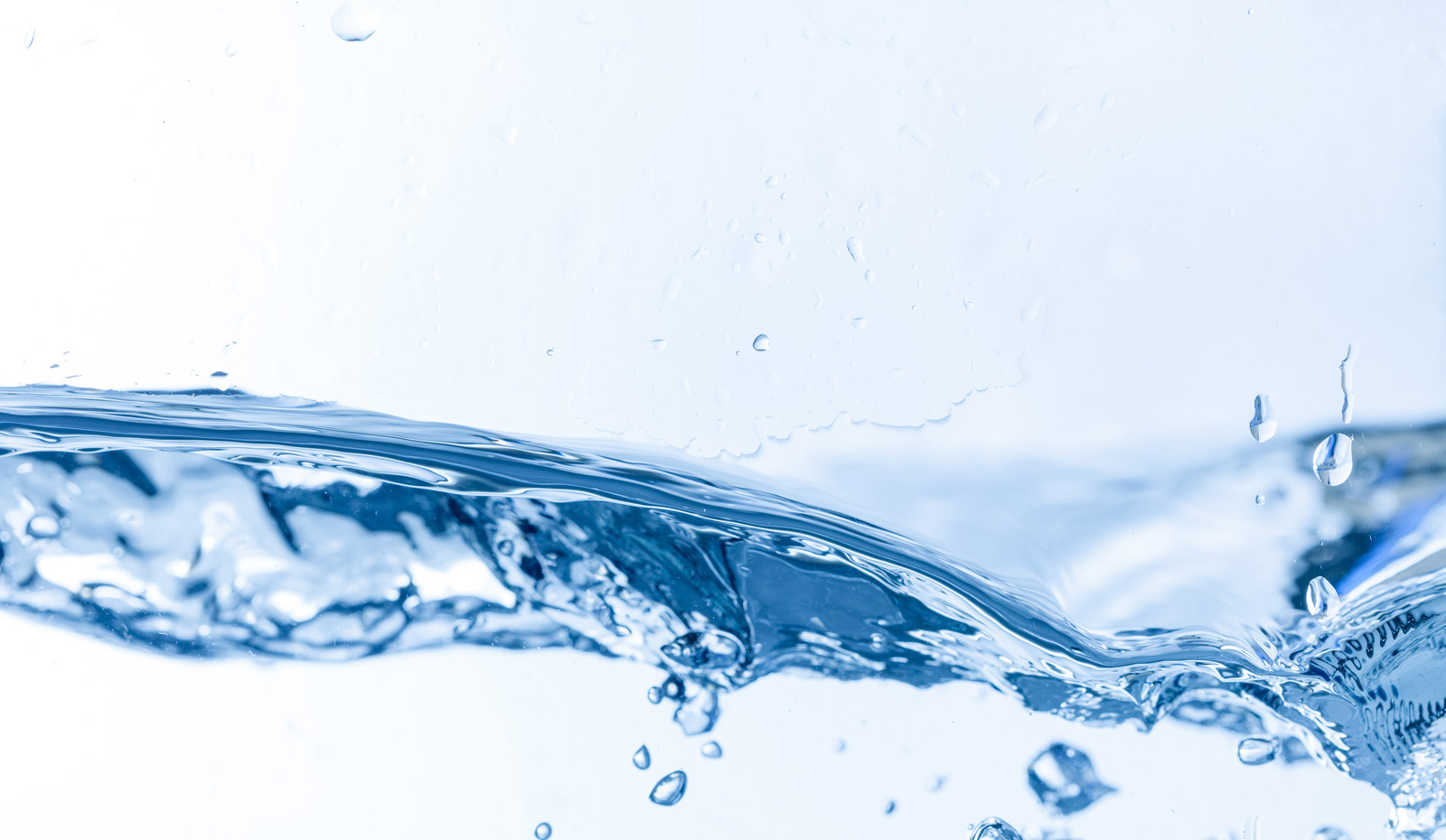For support information about ink handling, usage and processing contact Technical Support: inkstechnicalsupport@novacentrix.com
Only our ICI copper oxide inks require processing with the PulseForge tools. All of our other inks can be thermally processed with conventional convection or IR heating. However, on temperature-sensitive substrates, we can almost always demonstrate an improvement in performance by PulseForge processing.
Generally speaking, all of our inks will require some amount of heating to drive off the water and/or co-solvents. However, we can provide developmental inks that are formulated in volatile solvents such as isopropanol which could then be dried at room temperature. These inks have been used for spray application but tend to dry very quickly which can make the handling somewhat challenging.
Silver, copper oxide, carbon, silver-coated copper, nickel, iron oxide
Yes! NovaCentrix offers copper inks for screen printing, aerosol jet, and inkjet.
No. The copper oxide inks require processing with the PulseForge tool. The inks contain reducing agents that are activated during PulseForge processing that converts the copper oxide to copper metal.
The ink can be printed on those substrates but cannot be reduced to copper metal reliably. The ICI-021 copper oxide screen ink works on paper substrates and requires a post-processing calendaring step. The ICI inkjet inks work best on Novele and require an overcoat for durability and oxidation resistance.
Our silver screen inks HPS-FG32 and HPS-FG57B can be wetted by solder. We typically recommend Sn/Bi solders. In addition, we have demonstrated the viability of a “wet-set” technique where a component is attached by placement directly into the wet print.
It is very difficult to solder to an inkjet print because of the thinness of the print. Conductive adhesives are recommended. Attachment for inkjet should be done with conductive adhesive for best results.
For highly conducting prints, our current recommendation is to use HPS-FG32 or HPS-FG57B. These inks are flexible and water-resistant after drying. For best results, the inks should be printed on a liner (such as Bemis ST604) that is then ironed onto the fabric. We are currently developing conductive textile inks for printing directly onto fabric.
For less conductive prints, our carbon screen ink, HPR-059, has also been used successfully on non-woven PET fabric in large-scale rotary screen testing.
Our silver screen inks HPS-FG32 and HPS-FG57B have both shown the ability to be thermoformed.
Silver inkjet Metalon JS-B40G prints well on glass and shows very good adhesion when thermally cured at 250C or greater. Screen print inks HPS-FG32 and HPS-FG57B both exhibit 5B crosshatch adhesion to glass.
Our Metalon JS-A series of nanoparticle silver inks can be thermally cured at temperatures as low as 100C making them appropriate for polycarbonate, PET, and other plastics. These inks can also be PulseForge processed for even better conductive performance.
We are currently developing a reflective silver and “reflective gold-toned” set of inks for inkjet and flexographic printing.
Metalon JS-B25P provided with the inkjet starter kit is formulated to be printed on Novele (our PET coated with a microporous inkjet receptive coating) or Epson photo paper. When printed on those substrates, the print will be conductive immediately after printing. When printed on non-porous substrates (not recommended), the ink must be thermally cured at 250C or greater. We are currently developing a JS-A series ink for desktop printers which will allow lower temperature thermal curing.
Our conductive inks do not require UV light to cure. The binders in our inks only need to be dried to provide adhesion, flexibility, and water resistance.
Due to the cost of raw materials, we are not able to provide free samples.
Many of our screen inks contain water. It is therefore important to make sure that your screen manufacturer uses an emulsion that is WATER RESISTANT such as Chromatec WR.
We ship certain inks in insulated boxes with cold packs to avoid temperature extremes during shipping. The only inks that should be refrigerated after receipt are the PFI, PSI, and PSPI series inks.
If you do not finish a jar of these inks in one run then you should check the pH of the ink before beginning the next run. Refer to the DataSheet.

